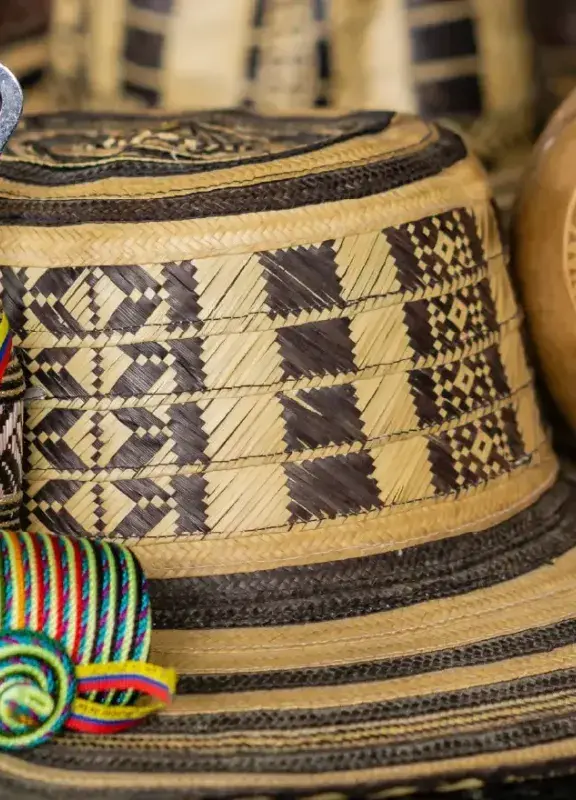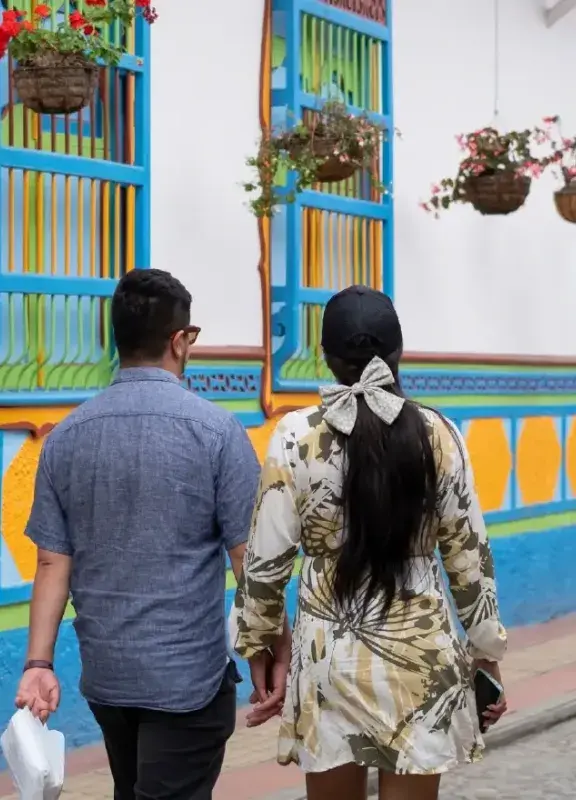Colombian women who contributed to the history of the country of beauty
Meet four women who have left a profound mark on Colombia's legacy. Their contributions in diverse areas continue to inspire to be remembered. Discover their stories!
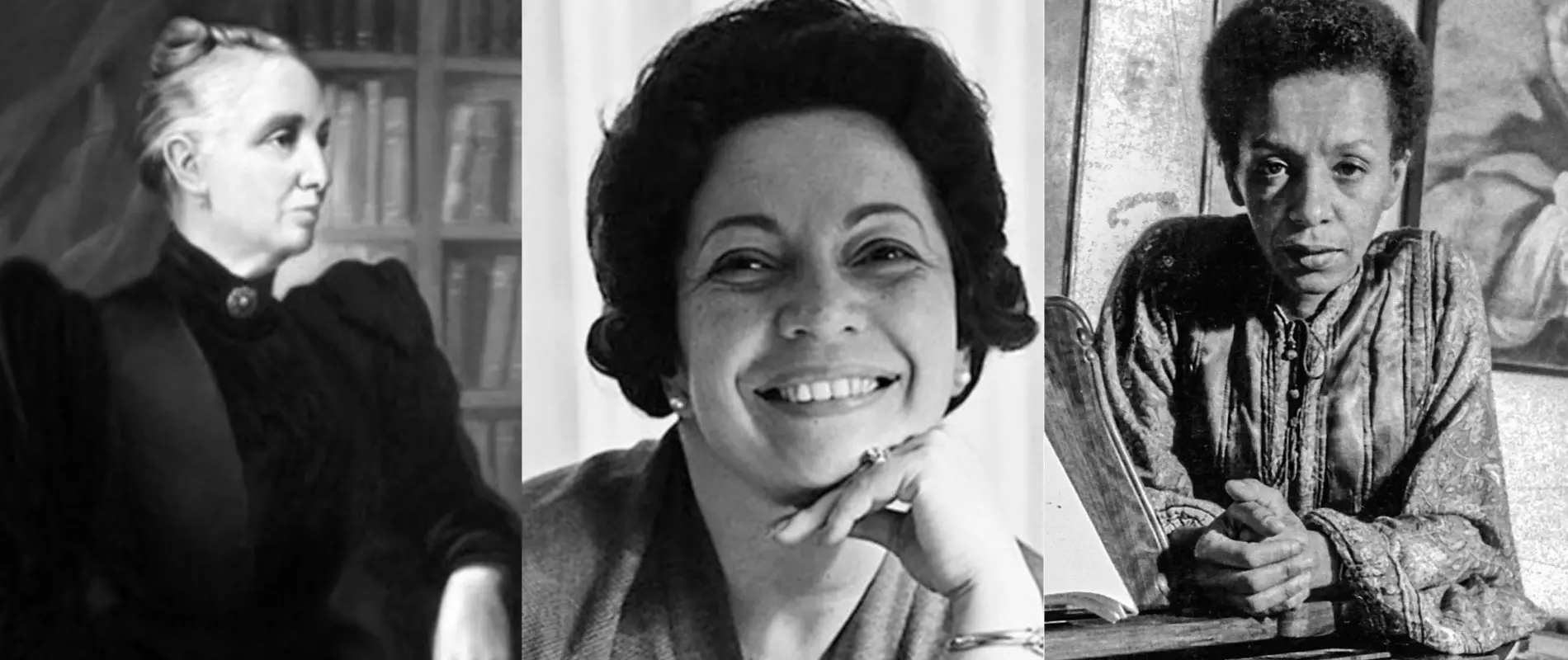
Over the years, Colombian women have played a fundamental role in building the nation. Their participation has been essential in fields such as culture and politics, as well as in the fight for equality, art, and literature. In this journey, we highlight five women who, through their talents, courage, and vision, have left an indelible mark on the country's history.
María Mercedes Carranza: the poetic voice of Colombia
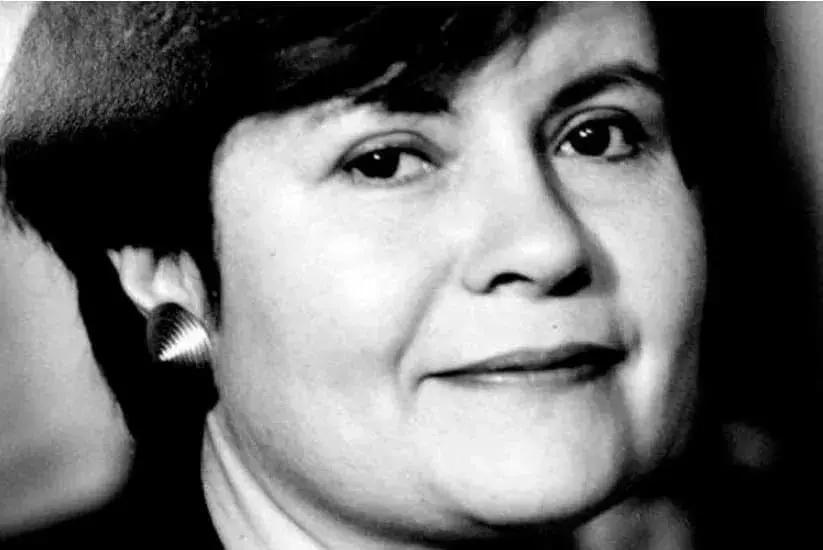
María Mercedes Carranza dedicated much of her life to journalism and cultural management. She worked in media outlets such as El Siglo, Revista Semana, El Tiempo, Credencial, Diners, and La Revista Frontera. She stood out as a tireless peace activist, contributing from various fronts: poetry, her participation in the National Constituent Assembly, and her support for Luis Carlos Galán's political project. Additionally, her role as the founder of the Casa de Poesía Silva was one of her most notable initiatives.
Recalling the life of María Mercedes Carranza is to revisit the journey of a woman who fought for the creation of public policies focused on poetry, aiming to transform lives in both local and national communities. Her work includes standout poetry collections of women's literature such as Vainas y otros poemas (1972), Tengo miedo (1983), Hola, soledad (1987), and Maneras de desamor (1993). After her passing, several anthologies of her work were published. Undoubtedly, her fight for change positions her as one of Colombia's most remembered literary and political figures.
You may be interested in: Colombia, a country full of stories: what do some of our best literary voices narrate?
Esmeralda Arboleda: pioneer of women's voting rights
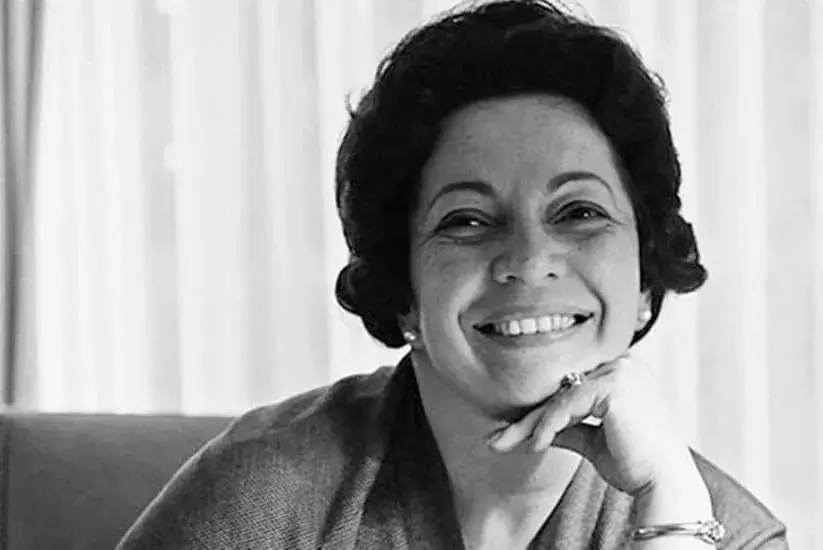
Esmeralda Arboleda is one of the pioneers of women's political participation and representation in Colombian society, as she was the first female Senator of the Republic in the country's history. Her profession as a lawyer paved the way to fight for women's rights. Additionally, she was a member of the Liberal Party and led the suffrage movement in Colombia, resulting in women being granted the right to vote in 1954 during Gustavo Rojas Pinilla's government.
Esmeralda Arboleda's legacy is a cornerstone in Colombia's political history and gender equality, as she became a reference for struggle and leadership for women in the country. Her courageous work in the legislative field and her dedication to achieving significant rights, such as women's suffrage, left an indelible mark on Colombia's history. She was also the first female ambassador to the UN.
You may be interested in: Five brilliant Colombian minds that inspire
Soledad Acosta de Samper: a legacy in women's literature
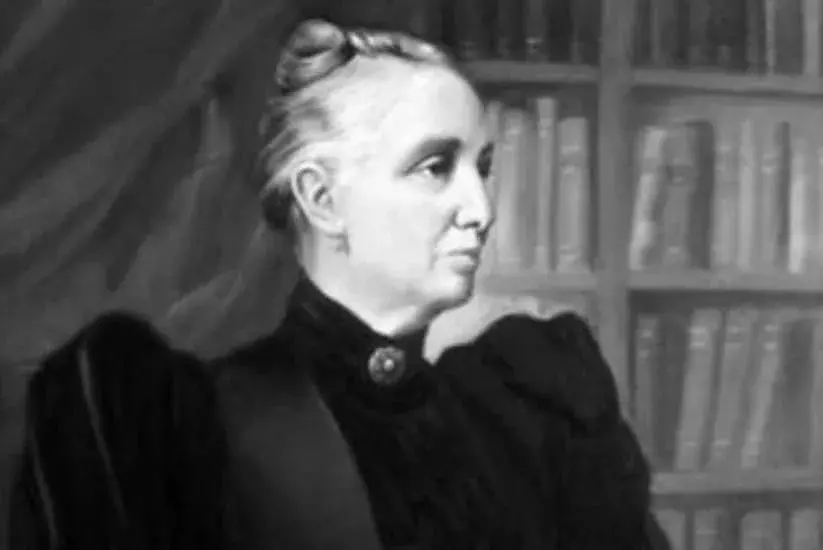
Soledad Acosta de Samper was one of the most representative figures of Colombian literature during the 20th century. Her prolific work includes novels, historiographical studies, biographies, plays, and journalistic notes. She was also an editor and founder of five magazines aimed at women and translated hundreds of academic and literary texts from English and French, languages she mastered perfectly. She also founded and directed five magazines: La Mujer (1878), La Familia (1884), El Domingo de la Familia Cristiana (1889), El Domingo (1898), and Lecturas para el hogar (1905).
In the last decade of the 20th century, academic interest in the Colombian writer surged, and her work re-emerged on national and international stages. Her literary legacy endures today thanks to its resurgence in literary studies and the recognition by the Ministry of Culture, which declared 2013 the "Soledad Acosta de Samper Year."
You may be interested in: Discover 6 books of Colombian literature you cannot miss
Teresita Gómez: the pianist who has captivated the world
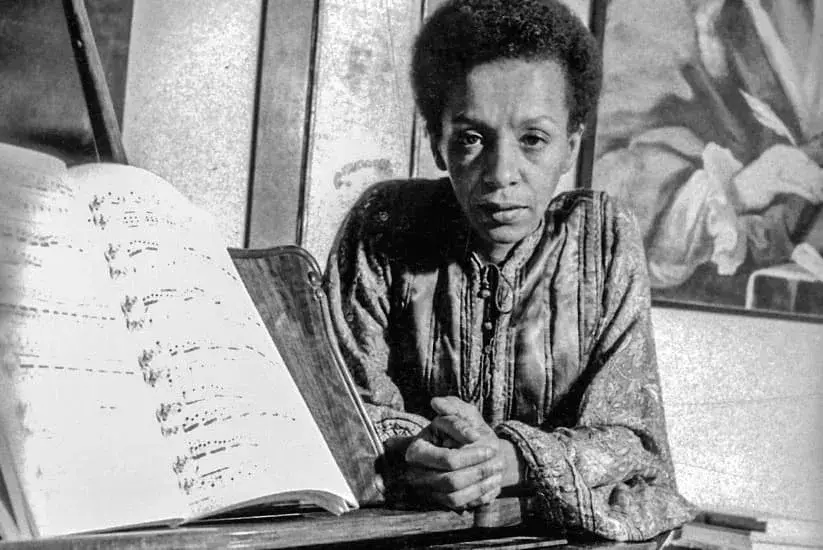
One of the greatest exponents of Colombian music, Teresita Gómez, began her career at the early age of four in Medellín. Her talent and dedication have taken her to international stages, where she performed classical pieces by composers like Chopin and Beethoven in cities such as Berlin, Paris, and Mexico City. She has not only excelled as a concert pianist but has also left an indelible mark on Colombian music education by teaching at universities like Los Andes and the Universidad de Antioquia.
Her passion for music and her influence as a cultural ambassador of Colombia have made Teresita Gómez an illustrious woman and an essential figure in the development of musical talent in Colombia, proudly representing the country on international stages.
A legacy full of history
These women, with their numerous contributions in fields as diverse as literature, politics, music, and the fight for independence, have left an indelible mark on Colombia's history. Their legacy remains alive, and their stories continue to inspire new generations. Today, as we remember these women, we celebrate not only their courage and vision but also the path they paved for many more.
Related articles
 Welcome, you are in
Welcome, you are in 









